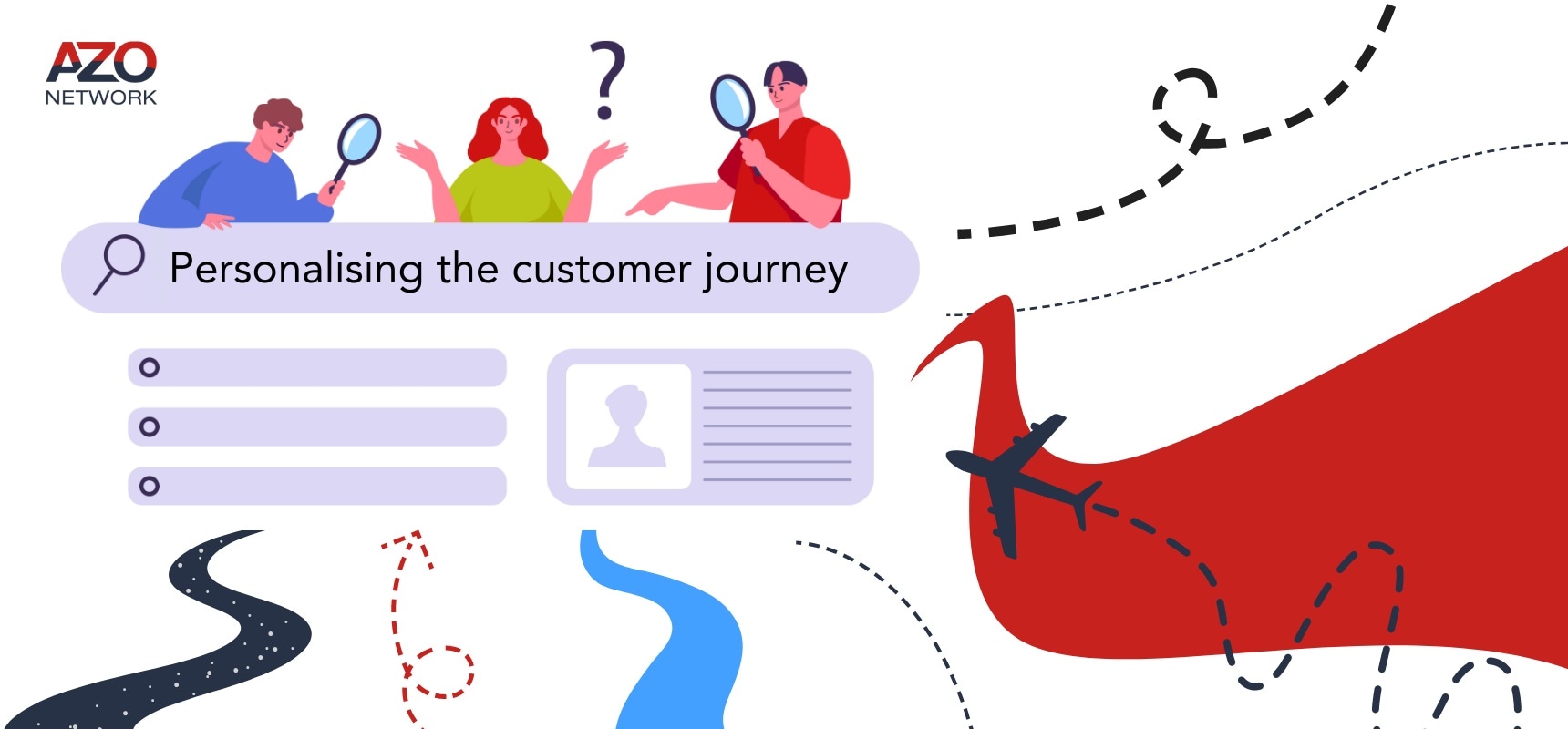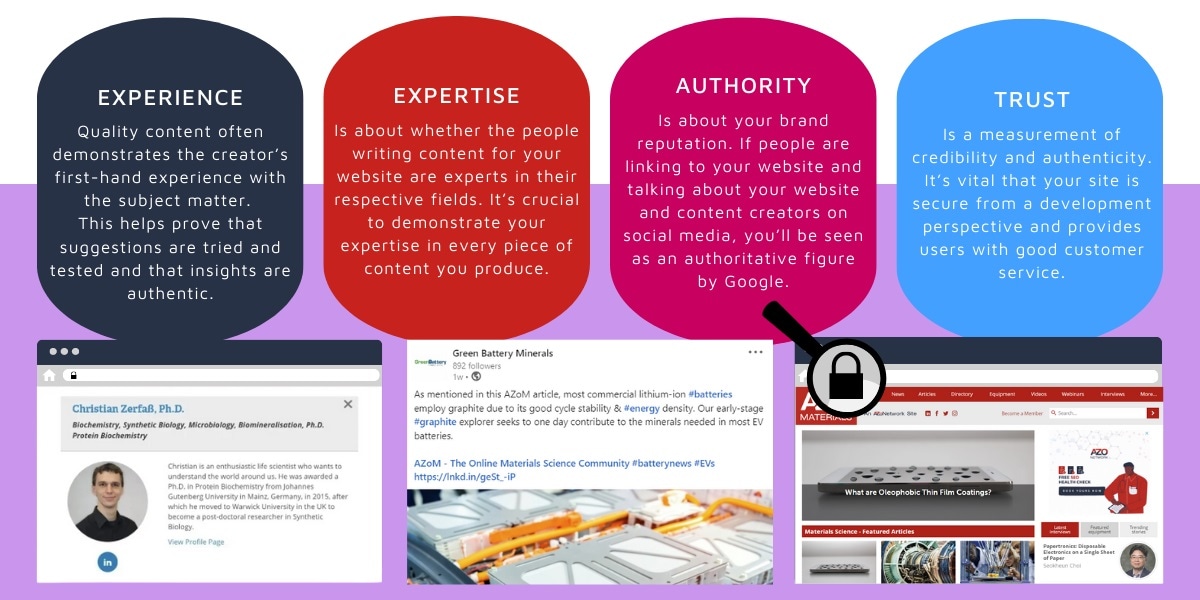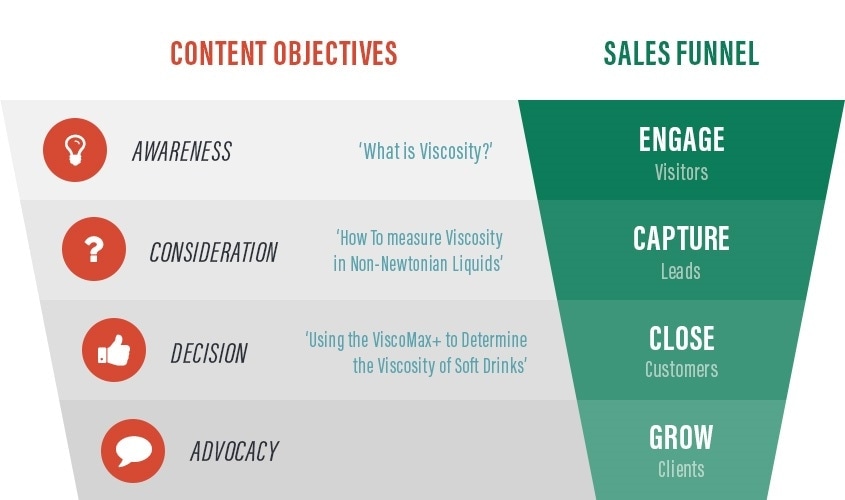
As consumers, we are well-acquainted with personalized interactions from companies like Spotify, and translating these techniques to our B2B businesses presents a unique set of challenges.

However, unlike the relatively straightforward B2C scenario, B2B marketing unfolds in a complex web of decision-makers and roles, each influencing the procurement process. A successful personalization strategy in this landscape goes beyond crafting targeted messages; it needs touchpoints for different roles, priorities, and personal preferences.
In B2B marketing the focus shifts to an enriched experience and providing in-depth information. With prices often governed by contractual agreements, alternative avenues must be navigated to sway purchasing behaviors, rather than ‘buy one get one free’ or ‘50% off’. Throughout this blog post, we'll uncover the idea that effective B2B personalization frequently culminates in tangible actions. Armed with personalized content that serves as a compass, guiding clients towards this pivotal step, your B2B personalization approach will be a testament to strategic ingenuity.
The Six Principles that Influence Decision-Making
Robert Cialdini's 1984 book "Influence: The Psychology of Persuasion" examines the factors influencing people's decisions, particularly in sales and purchasing. It introduced six key principles that impact decision-making shortcuts, or heuristics, and paved the way for concepts like Nudge Theory and Sludge. Decision-making relies on effort-saving strategies, leading to Cialdini's principles gaining prominence for their persuasive applications.
Cialdini identified six principles that influence decision-making, especially in purchases and actions:
Reciprocity: People are driven to settle social obligations. Gifting personalized, unexpected items fosters reciprocity, giving a little for free can go a long way.
Commitment and Consistency: People align actions with self-identity. Encouraging minor actions promotes consistency in behavior, once we’ve publicly committed to something or someone, we’re much more likely to go through and deliver on that commitment. An example of this is getting a customer to download something from us, an eBook or white paper - which begins their commitment to you.

Consensus (Social Proof): Humans conform to group norms. Demonstrating widespread behavior encourages similar actions, and using case studies and thought-leadership articles can boost this social proof alongside reviews on third-party sites.
Liking: People are influenced by those they like, cooperate with, and with whom they find similarities. Building relationships by showcasing who your business and staff are on your website and across social channels before influencing is crucial.
Authority: Trustworthy, knowledgeable experts wield more influence, and utilize the titles within your business, doctors and researchers have high levels of authority.

Scarcity: Reduced availability generates demand. Creating perceived scarcity can enhance interest in products or services.
Cialdini's principles of persuasion, grounded in human behavior, provide strategic insights for influencing decisions. By understanding and utilizing them, you can effectively shape choices and actions. These principles underscore the significance of psychological factors in decision-making and persuasion strategies and can be helpful when considering how to gain influence within a specific company you want to work with.
The Customer Journey Map
Creating a customer journey requires more than innovative strategies; it demands an understanding of your customer's behavior and the red tape that they need to cross within their specific organizations.

Often, strategies are crafted without direct customer interaction, relying instead on sales team insights and market trends. However, by bridging this gap through customer conversations or questionnaires, you might realize that your perception of their journey is not aligned with their experience. This research allows you to delve into behaviors, needs, and motivations, so you can shape your strategy in a purposeful direction.
Your customer journey maps should highlight gaps and points in your customer’s experience that are disjointed, allowing you to create relevant content to guide the next journey in a smoother direction.
Directing Your Focus
Catering to each individual customer's specific needs is an uphill battle. The diverse journeys undertaken by different companies render it impractical and financially unfeasible to fulfill every requirement. Instead, a more effective approach is to concentrate your efforts on a select group of top-tier customers – those who form the cornerstone of your business. By enhancing the experience of these key customers, you're likely to address the needs shared by other customers.